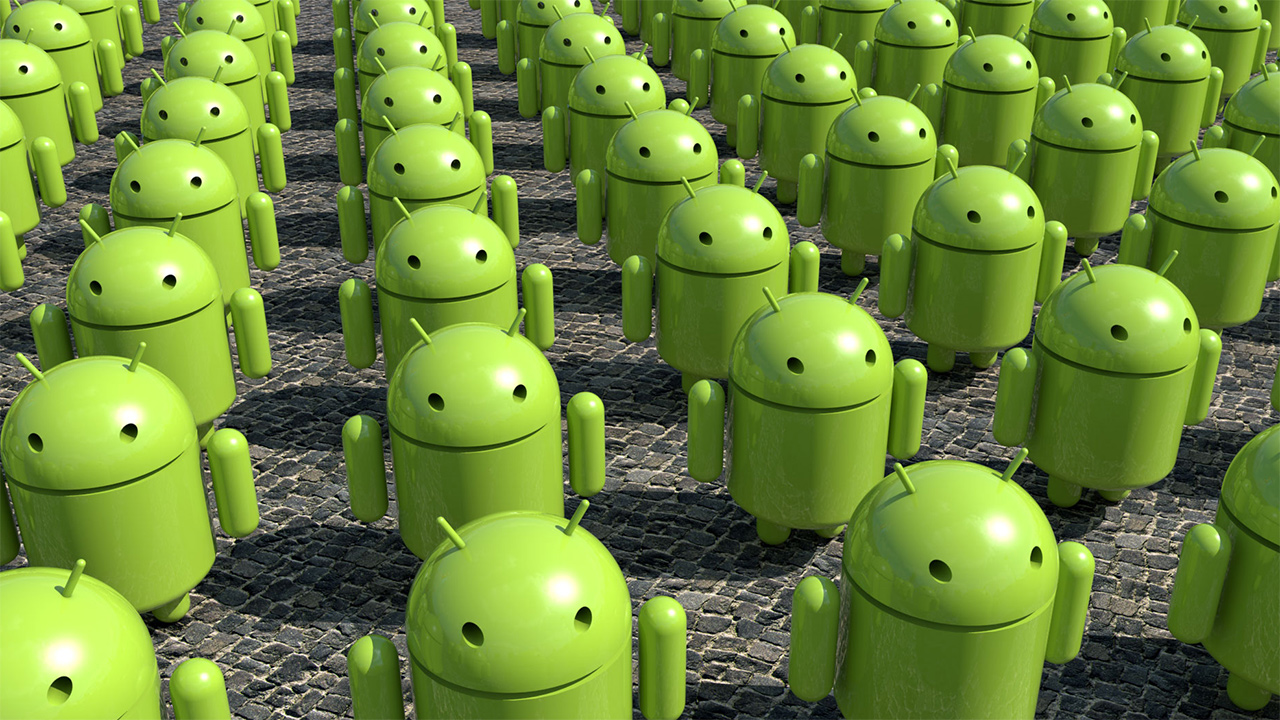Android app on Windows: there is still hope with Project Latte
Source: HW Upgrade added 28th Nov 2020
Abandoned long ago Project Astoria, Microsoft is carrying out a new WSL-based project to bring Android apps into Windows 10
by Andrea Bai published 28 November 2020 , at 15: 01 in the Software channel
Windows Android
At the debut of Windows 10 Microsoft has promised several ways to bring apps to the Windows Store, which over time has changed its name to become the Microsoft Store we know today. Among these roads we will remember Project Centennial for the Win apps 32, Project Westminster for web apps , Project Islandwood to recompile iOS apps with minimal effort and finally Project Astoria for installing and running Android APKs also in Widnows environment.
And of all these, Project Astoria was the only one to have never found a draw (if not only within the Insider Preview program) and was declared at the end of its life in February 2016. It is not known what the exact reason for the closure of Project Astoria is. The rumors circulating in this regard are conflicting: according to some rumors Project Astoria has never shown particular qualities such as to be able to bring it into production, while according to other opinions it would be the exact opposite: a solution so valid as to raise the risk of cannibalization towards UWP apps.
Android app on Windows: goodbye Project Astoria, welcome to Project Latte
But maybe there is a glimmer: an indiscretion published on Windows Central indicates that Microsoft has not abandoned the will to bring to Windows 10 Android apps. The name changes to Project Latte and will be based on the Windows for Linux subsystem. Since WSL (Windows Subsystem for Linux) will soon be able to support Linux app GUI and GPU acceleration, there is a real possibility for this to work properly.
In the meantime, the limitations of Project Latte seem to be not particularly different from Project Astoria: on the one hand, the developers will have the possibility of porting Android apps without having to intervene with particular changes but, on the other hand, there will be no way to support the Google Play Services . In fact, Google does not allow Play Services to be installed on devices other than those equipped with Android or Chrome OS. In other words, the apps that require the Play Services API to work will have to be appropriately modified so as to eliminate these dependencies before being sent to Windows 10.
When will all this come? In the event that the project should continue without problems or hitches, the official announcement should take place during the next year and the concrete debut probably at the Windows autumn update 10. If this were to become a reality, Windows 10 could become an almost universal operating system in terms of support for app.
